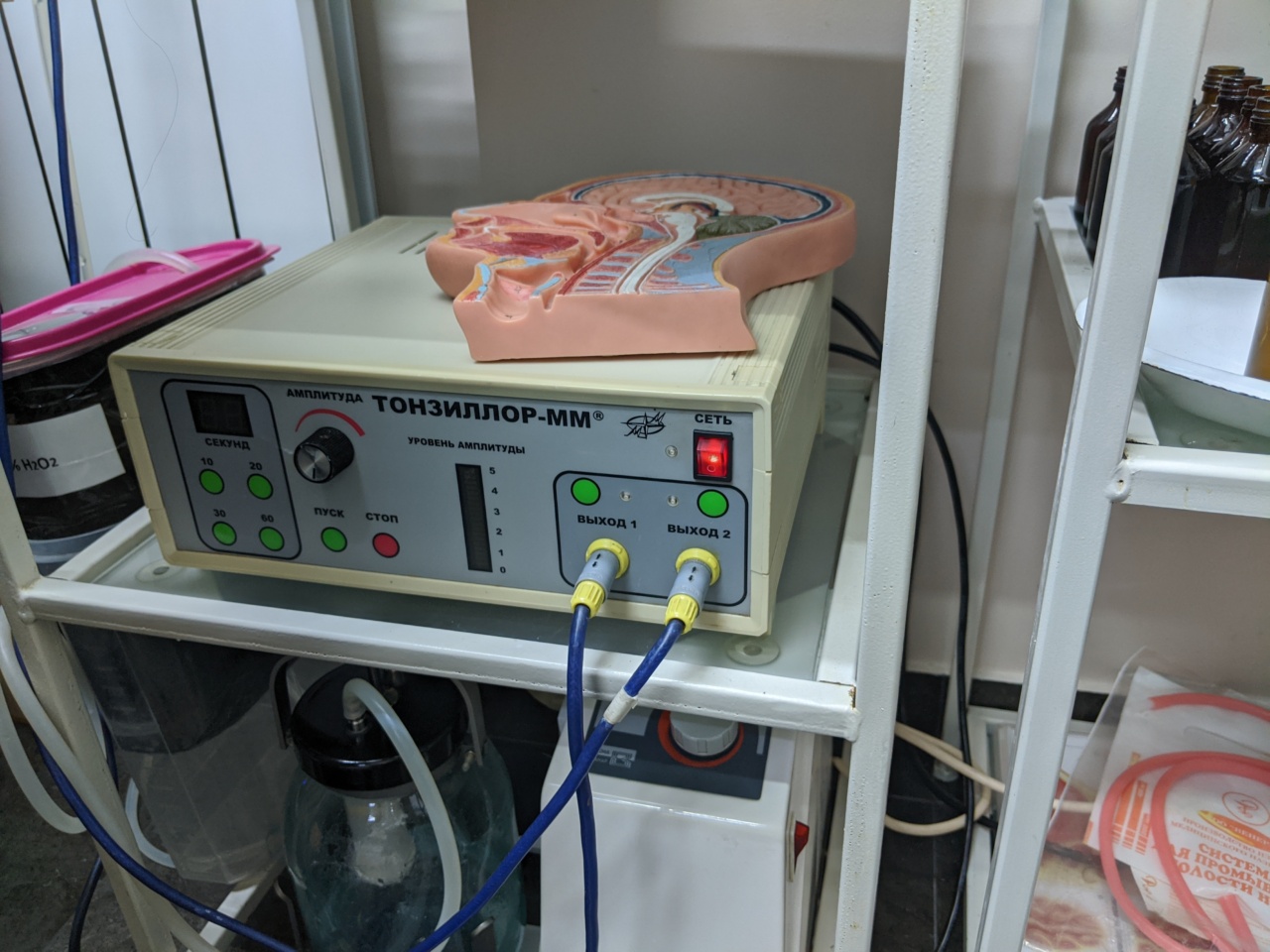Sleep plays a vital role in maintaining good overall health and well-being. Unfortunately, millions of people worldwide suffer from sleep disorders, such as snoring and sleep apnea, which can significantly impact their quality of life.
Sleep apnea, in particular, is a common condition where the individual experiences pauses in breathing or shallow breathing during sleep, leading to disrupted sleep patterns, daytime sleepiness, and numerous other health problems.
Traditional treatment options for sleep apnea often include continuous positive airway pressure (CPAP) machines, which can be bulky, uncomfortable, and noisy.
However, dental professionals have introduced a more convenient and effective alternative known as oral appliance therapy. In this article, we will explore how oral appliance therapy can help you achieve a better night’s sleep and improve your overall well-being.
What is Oral Appliance Therapy?
Oral appliance therapy involves the use of a custom-fitted device, similar to a mouthguard or orthodontic retainer, to help treat sleep apnea and snoring.
The oral appliance is worn during sleep and works by positioning the jaw and tongue to maintain an open airway.
These appliances are designed to be comfortable, portable, and non-intrusive, making them an attractive alternative to CPAP machines. They are also discreet and do not generate any noise or require additional equipment like hoses or masks.
Oral appliances can be an effective treatment option for mild to moderate sleep apnea, as well as for individuals who cannot tolerate CPAP therapy.
How Does Oral Appliance Therapy Work?
Oral appliances work in two primary ways:.
- Mandibular Repositioning Devices (MRDs): These devices work by repositioning the lower jaw (mandible) slightly forward, which helps prevent the collapse of the tongue and soft tissues blocking the airway. By keeping the airway open, MRDs promote normal airflow and reduce snoring and sleep apnea episodes.
- Tongue Retaining Devices (TRDs): TRDs work by holding the tongue forward, preventing it from collapsing back into the throat and blocking the airway. These devices are effective in cases where the tongue is the primary cause of sleep apnea or snoring.
Benefits of Oral Appliance Therapy
1. Improved Sleep Quality: One of the primary benefits of oral appliance therapy is improved sleep quality.
By repositioning the jaw or holding the tongue in place, these devices help keep the airway open, reducing or eliminating the instances of interrupted breathing during sleep. This leads to more restful and uninterrupted sleep. 2. Reduced Daytime Sleepiness: Sleep apnea often causes daytime sleepiness and fatigue due to the constant interruptions in breathing during the night.
By effectively treating sleep apnea, oral appliances can significantly reduce daytime sleepiness, allowing individuals to feel more energized and alert during the day. 3. Non-Invasive and Portable: Unlike CPAP machines, oral appliances are non-invasive and do not require masks, hoses, or external machines. They are compact, portable, and easy to use.
This makes them a convenient option for individuals who travel frequently or dislike the cumbersome nature of traditional sleep apnea treatment. 4. Improved Partner’s Sleep: For individuals who snore loudly, their sleep disturbance not only affects them but also their sleep partners.
Oral appliances can help reduce or eliminate snoring, greatly enhancing the sleep quality of both the individual and their partner. 5. Increased Compliance: Many individuals find CPAP therapy uncomfortable or claustrophobic, leading to poor compliance with the treatment. Oral appliances, on the other hand, are comfortable and easy to wear.
This often results in higher compliance rates, ensuring consistent treatment and better long-term outcomes.
The Process of Getting an Oral Appliance
The road to getting an oral appliance starts with a visit to a dental professional who is trained in dental sleep medicine.
They will evaluate your symptoms, perform a thorough examination of your oral and facial structures, and may request a sleep study to determine the severity of your sleep apnea or snoring.
If the dental professional determines that you are a suitable candidate for oral appliance therapy, they will take impressions of your teeth and jaw to create a customized device.
Once the appliance is ready, you will return to the dental office for a fitting appointment. The dental professional will ensure the device fits properly, provide instructions on usage and care, and make any necessary adjustments to maximize its effectiveness.
After receiving your new oral appliance, regular follow-up appointments will be scheduled to monitor your progress and make any required adjustments to ensure optimal comfort and effectiveness.
It is important to communicate any issues or concerns you may have during these visits to ensure the best long-term outcome.
Caring for Your Oral Appliance
To ensure the longevity and effectiveness of your oral appliance, it is essential to maintain proper care and hygiene. Some general guidelines for caring for your oral appliance include:.
- Brush your device with a toothbrush and toothpaste or mild soap regularly to remove any bacteria or plaque buildup.
- Rinse your appliance thoroughly with water after each use.
- Store your appliance in a clean, dry container when not in use to prevent damage.
- Avoid exposing your oral appliance to extreme heat or direct sunlight.
- Discuss with your dental professional about any specific cleaning routines or solutions recommended for your particular oral appliance.
Is Oral Appliance Therapy Right for You?
If you or your sleep partner are experiencing disrupted sleep due to snoring or sleep apnea, consult with a dental professional who specializes in oral appliance therapy.
They will be able to evaluate your symptoms and determine if this treatment option is suitable for you. Remember, untreated sleep apnea can lead to serious health issues, so seeking appropriate treatment is vital.
Oral appliance therapy offers a comfortable, effective, and convenient solution for individuals with sleep apnea, snoring, or even those who may be CPAP-intolerant.
By working with your dental professional, you can regain restful nights and enjoy the numerous benefits of a good night’s sleep.






























